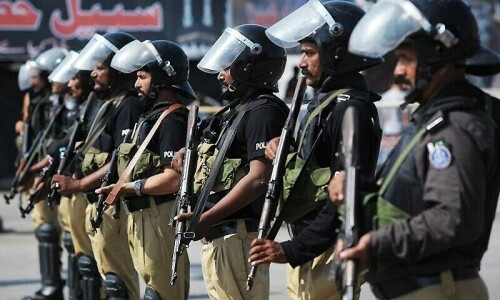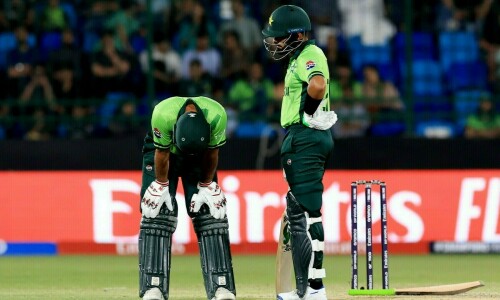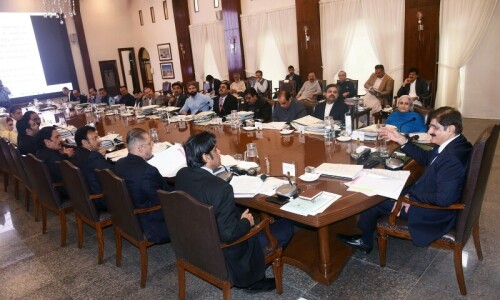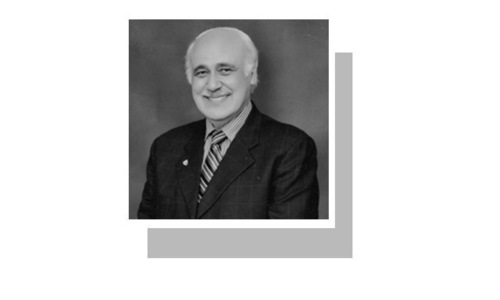ISLAMABAD, June 27: The government told the Supreme Court on Monday that the acquittal of five accused in the Mukhtaran Mai gang-rape case was based on wrong assumptions. “The Lahore High Court’s Multan bench judgment was purely based on conjectures as all the corroborative evidences were ignored,” Attorney-General Makhdoom Ali Khan said before the Supreme Court bench hearing nine appeals and apex court’s own suo motu in the Mukhtaran Mai case. The case has been pending for over three months.
The Supreme Court had asked the attorney-general to assist the court on the question if the Federal Shariat Court (FSC) could take up the matter by suspending the high court’s order of acquitting convicts involved in the Meerwala gang-rape case.
Mukhtaran Mai, whose plight attracted international attention, was present in the court. Ms Nilofer Bakhtiar, Prime Minister’s Adviser on Women Development, representatives of different non-governmental organizations (NGO) and women politicians were also present on the occasion.
According to reports, Mukhtaran Mai was repeatedly assaulted on the orders of a village council of Meerwala Jatoi in the district of Multan, in June 2002. She was punished for her brother’s alleged affair with a woman of an influential rival clan.
The high court overturned convictions of five men who had been sentenced to death in 2002 and commuted to life imprisonment the death penalty of the sixth convict.
On March 14, the Supreme Court through a suo motu notice stepped in to end an inter-court controversy by staying separate orders of the Lahore High Court, Multan bench, and Federal Shariat Court, which had suspended Multan bench’s order of acquitting the convicts by declaring high court’s judgment as without jurisdiction.
The attorney-general said the question of jurisdiction was also raised at the time when the Anti-Terrorist Court (ATC) initiated the Mukhtaran Mai trial.
Section 6, 7 and 32 of the Anti-Terrorism Act 1997 overrides Enforcement of Zina and Hudood Ordinance 1979, therefore, any appeal against trial court’s verdict could only be challenged before the high court and not the FSC, he said.
Citing a previous apex court judgment, he said the Supreme Court had held in the Mohammad Abbas case that convictions could be awarded even on the sole statement of a gang-rape victim.
















































